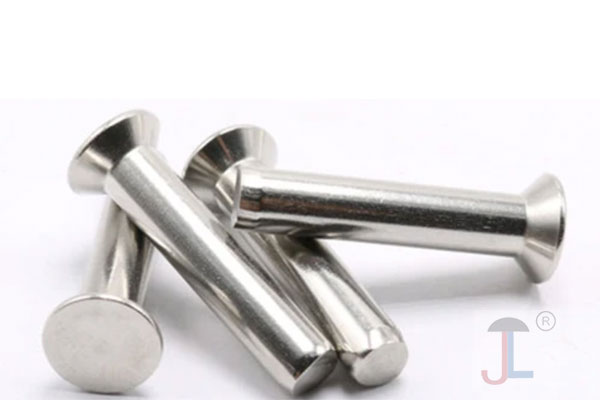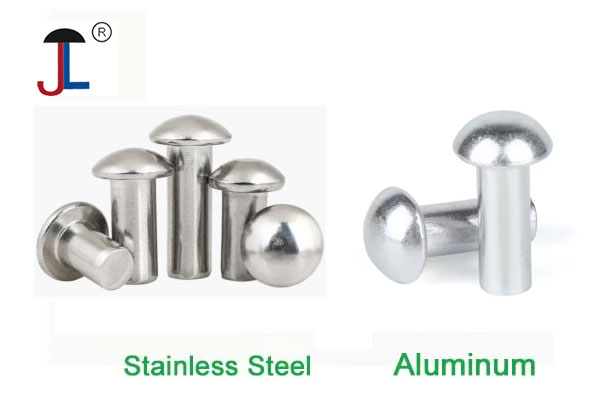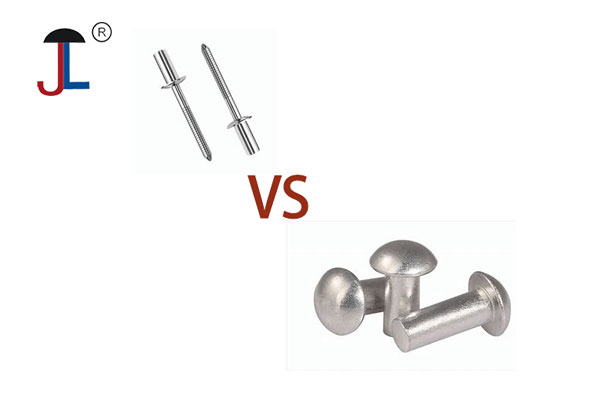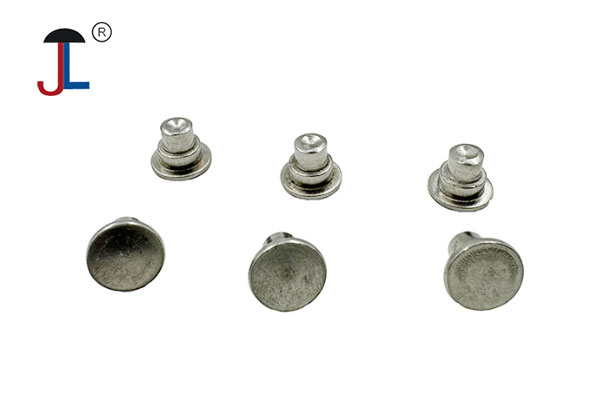Yes, but there are important considerations:
-
Galvanic Corrosion: Stainless steel and aluminum are dissimilar metals. When they’re in contact, especially in a moist or corrosive environment, you risk galvanic corrosion. This happens because the two metals have different electrochemical potentials, potentially leading to accelerated corrosion of the aluminum.
-
Environmental Exposure: If your application is exposed to moisture, salt, or chemicals, you may need to use a protective coating or choose a rivet material that’s more compatible with aluminum (for example, aluminum or an appropriately treated alloy).
-
Design and Load Requirements: Beyond corrosion, ensure the stainless steel rivets meet your mechanical requirements. Stainless steel typically offers good strength and corrosion resistance, but your design might benefit from a rivet material that more closely matches the properties of aluminum.
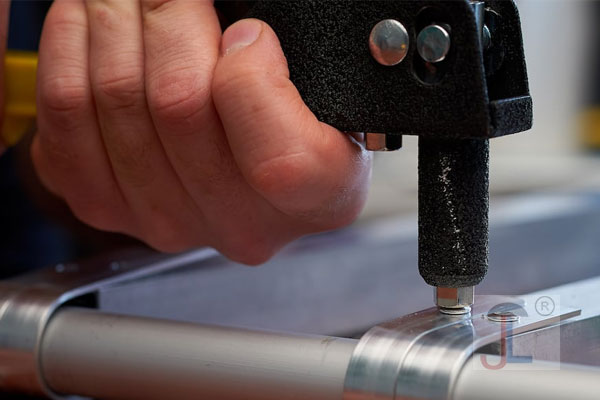
While stainless steel rivets can be used on aluminum, evaluate the specific conditions of your application. If corrosion is a potential issue, consider protective measures or alternative materials to ensure long-term durability of the joint.
?️ Durable Stainless Steel Rivets for Professional Use

